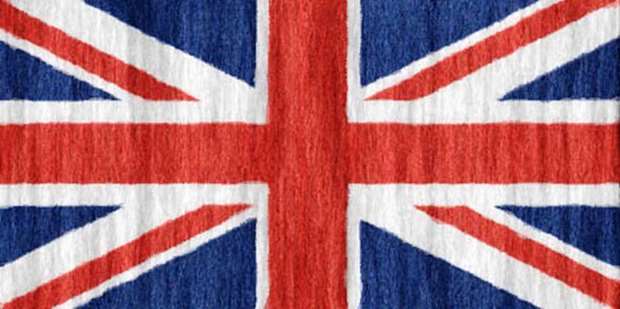Theresa May will oppose plans to let MPs vote to liberalise Northern Ireland’s oppressive abortion laws, Downing Street has signalled.
The prime minister believes that it would be wrong for Westminster to legislate on a matter that should be decided by the devolved administration in Belfast and ministers fear that imposing pro-choice laws on Northern Ireland could backfire.
But May is likely to face strong pressure to allow a parliamentary vote, with her Cabinet colleague Penny Mordaunt, the women and equalities minister, saying at the weekend that the hope for change in Northern Ireland “must be met” amid calls for the region to have a referendum.
The landslide vote in favour of liberalising abortion laws in the Irish Republic has put the spotlight on Northern Ireland, which will be the only place in Britain and Ireland where abortion is illegal in most circumstances. The 1967 Abortion Act was never extended to the region and abortion is only allowed if the life or mental health of the mother is at risk.
A Downing Street source said yesterday May believed abortion reform was “an issue for Northern Ireland” and that the problem highlighted the need for the restoration of the power-sharing executive at Stormont, which has been in abeyance since it collapsed in January last year.
Rory Stewart, a justice minister, went further, telling the BBC’s Sunday Politics that it would be counterproductive for Westminster to legislate on this the matter. “It isn’t the job – and it would be very, very dangerous – for British politicians to be seen to be telling people in Northern Ireland how to vote,” Stewart said.
He said the UK government was acting as a “caretaker” administration in the absence of a Stormont executive and “that must not be used to make fundamental constitutional, ethical changes on behalf of the people in Northern Ireland”.
But many MPs want the House of Commons to settle the issue, and the Labour MP Stella Creasy has said she intends to force a vote by tabling an amendment to the forthcoming domestic violence bill.
Sir Vince Cable, the Liberal Democrat leader, said yesterday that the deadlock in Northern Ireland meant that the Westminster government was entitled to take the initiative. “In Northern Ireland, women have suffered from antiquated, inhumane criminalisation for far too long. Theresa May cannot remain silent on this issue,” he said.
“Since there is, effectively, direct rule from Westminster, the UK government has the responsibility. It can and should take the opportunity to deal with this issue properly.”
But the leader of the Democratic Unionist party, Arlene Foster, dismissed calls for a referendum. She said: “Friday’s referendum has no impact upon the law in Northern Ireland, but we obviously take note of issues impacting upon our nearest neighbour.
“A referendum was held in the Republic of Ireland because of the constitutional prohibition on abortion that existed there. No such constitutional bar exists in Northern Ireland.
“The legislation governing abortion is a devolved matter and it is for the Northern Ireland assembly to debate and decide such issues. Some of those who wish to circumvent the assembly’s role may be doing so simply to avoid its decision.”
Under the Sewel convention, the UK government agreed that it would not normally legislate on matters that are the responsibility of devolved administrations without their consent. On those grounds, ministers could try to prevent a vote taking place on the domestic violence bill or on other legislation.
Sinn Fein, the second-largest party in Northern Ireland, supports limited change to the region’s abortion laws. Michelle O’Neill, its leader in Northern Ireland, told ITV that the region was “becoming a backwater” in terms of rights because of the position taken by unionists.
Anne Milton, the skills minister, told the BBC that she thought there would be “a significant majority” in favour of liberalising the abortion laws in the Commons. Abortion is traditionally a matter on which MPs are given a free vote.
Mordaunt tweeted on Saturday: “Based on the exit poll, a historic and great day for Ireland, and a hopeful one for Northern Ireland. That hope must be met.”

GULF TIMES
